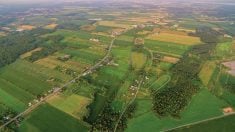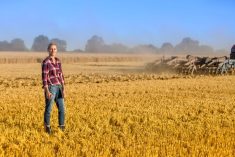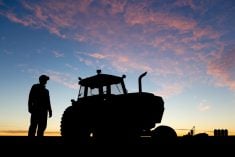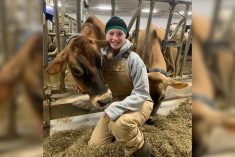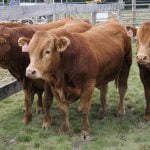This is the first in a series of articles exploring the perspectives and experiences of young people who are finding their passion, flexing their skills and contributing their insights and innovations to various sectors of Canada’s agriculture industry. They shared with Country Guide what excites them about the industry, what they think about its future and their ideas for moving it forward.
Vicki Brisson grew up on a dairy farm in eastern Ontario. She completed her bachelor of science in agriculture and her master of science in dairy cattle nutrition at the University of Guelph. She is currently the national knowledge mobilization manager at Lactanet which involves mobilizing information from research and making it practical for farmers to use on their farms.
Read Also
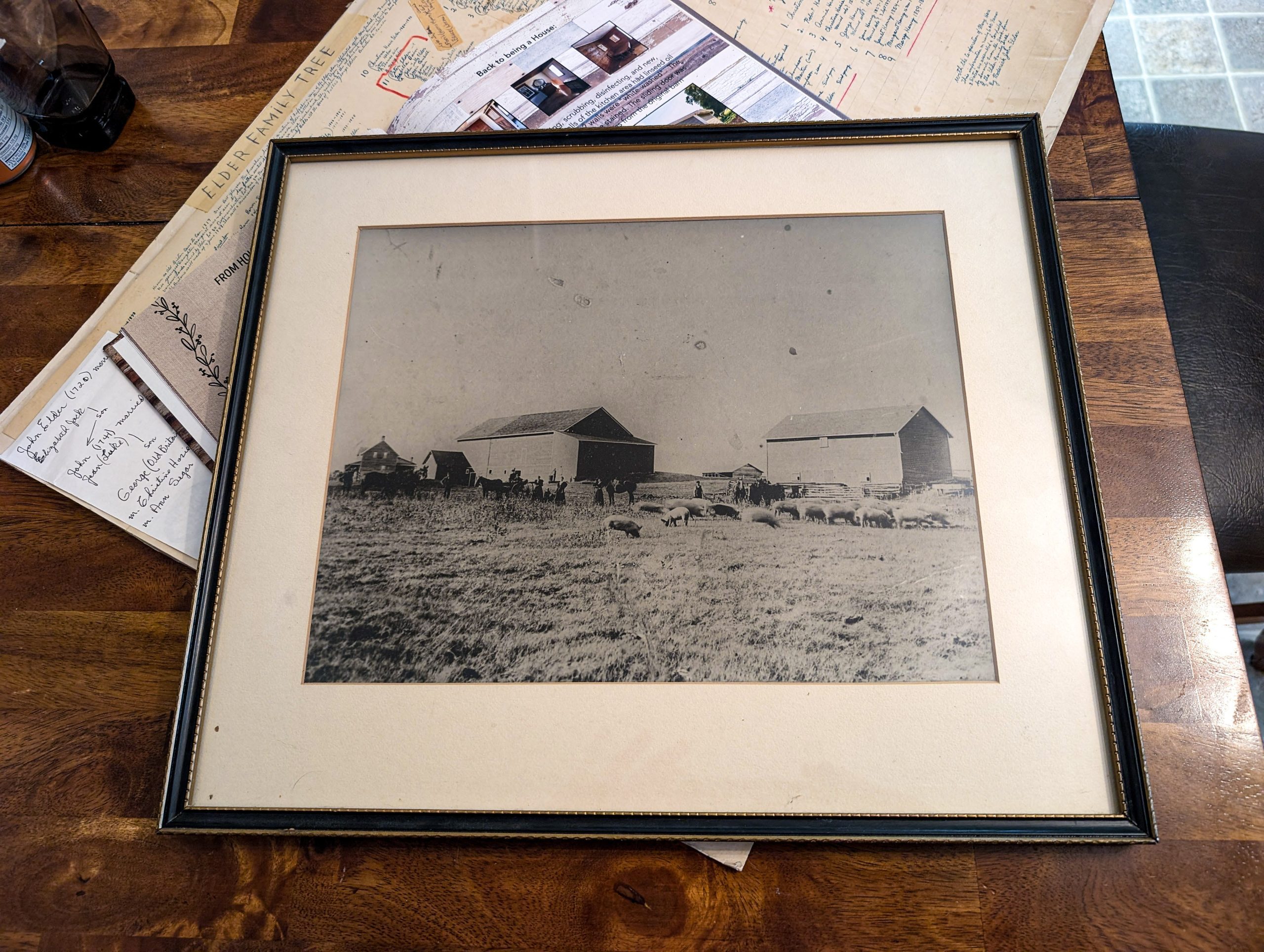
Why you should preserve your farm’s history
There was a big cast iron dinner bell in the middle of the farmyard where Maggie Van Camp grew up….
CG: Why did you decide on a career in the agriculture industry?
VB: Growing up on a dairy farm I had a lot of respect for all that farmers do, and I wanted to find practical ways of helping them.
I appreciate what I do because it’s bridging gaps to help farmers understand the research. It also brings out the curious side of me, which is what brought me into the research side of things. I always have questions and try to find answers to them.
CG: What is your perception of the Canadian ag industry today? What excites you about it?
VB: There is a lot that’s new and exciting in technology, specifically in the dairy industry with things such as wearable sensors, and cameras that allow farmers to monitor their herds even when they’re away. That has many benefits both in terms of data but also on the human side of agriculture, learning to balance the pressures and heavy workloads but at the same time making smarter, more informed decisions.
What’s exciting for the future is our ability to be more connected than ever with the rise of, for example, virtual reality. But along with that technology, we need to keep humans at the centre of things. So, it is about how we continue to foster collaborations. It really is about blending the old with the new and not getting away from basic human interactions.
CG: What expectations did you have coming into the industry and how do they compare with your actual experience? As a young person coming into the ag industry, have you found it difficult to earn people’s trust and confidence, to show that you know what you are doing?
VB: I would say that maybe being a woman, and growing up a francophone in Ontario, there were different scenarios where adversity was certainly present. So, I wouldn’t say that I’ve never found it difficult, but at the same time, I’ve learned to overcome it along the way. It’s not something we’re clearly taught in school, but it’s important to surround ourselves with a few good mentors who can guide us in the right direction. Once we develop that trust and confidence in ourselves, it becomes easier to earn trust and confidence from others.
Essentially, the challenge for us, as a new generation, is trusting in our ability to find answers and to find new ways of coming at those challenges. I see it as a challenge but also a motivation as well.
CG: What are your personal career goals and what new ideas and fresh approaches do you have to help benefit agriculture in your chosen field?
VB: A mission of mine, as I continue in this industry, is making sure that everyone has a voice and is heard. Because this industry is full of potential and that is both motivating and frustrating at times. The most frustrating tendency in agriculture is to say, “We’ve always done it this way.” I think that is what holds us back.
What motivates me is showing that there are different ways of doing things than what’s been done in the past and every new person that’s willing to come at it from that mindset really can make our industry better and richer.
It is about diverse vision and perspectives because that’s the best way to solve any puzzle and certainly agriculture is one big puzzle to solve.
CG: How do you feel about the future of the industry?
VB: Agriculture is an industry that is full of people who are forward thinkers and who have new approaches on old problems. Ultimately, there are so many ways we can come at a problem and the biggest disservice we can do is just continuing to come at it from the same perspective.
That also goes back to the way that we streamline our future talent pool into our industry. We have to do a better job of cultivating interest in that future talent pool.
CG: If one day your children came to you and said they were considering a career in ag, what area of the industry would you encourage them to look at? Where do you see the best opportunities?
VB: My answer to that goes back to what excites me, that data and technology piece. But it also goes back to a skill that is cultivated through life and that is building human relationships.
As technology takes more space in our lives, we have to be able to connect with humans in a way that technology cannot. It is not simply about gathering data because in the future technology will be able to do that for us. It is about integrating that data in a personalized way. Regardless of the specific industry in agriculture that you may be in, those are two key pillars.






